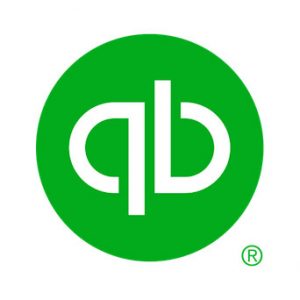
What Is Quickbooks Self-Employed?
 Are you self-employed? You aren’t alone. According to the U.S. Bureau of Labor Statistics (BLS), nearly 10 million workers in the United States are classified as self-employed. In other words, they are freelancers who don’t perform regular and fixed work for any given business. While being self-employed comes with several advantages, it requires greater planning regarding finances. Fortunately, using Quickbooks Self-Employed can streamline your accounting processes as a self-employed worker.
Are you self-employed? You aren’t alone. According to the U.S. Bureau of Labor Statistics (BLS), nearly 10 million workers in the United States are classified as self-employed. In other words, they are freelancers who don’t perform regular and fixed work for any given business. While being self-employed comes with several advantages, it requires greater planning regarding finances. Fortunately, using Quickbooks Self-Employed can streamline your accounting processes as a self-employed worker.
Overview of Quickbooks Self-Employed
Quickbooks Self-Employed is a version of Intuit’s popular accounting software that’s designed specifically for self-employed workers. It’s not designed for business owners or employees. If you’re a business owner or employee, you should use the standard versions of Quickbooks. As a self-employed worker, however, there’s no better choice than Quickbooks Self-Employed.
Features of Quickbooks Self-Employed
You can sign up for Quickbooks Self-Employed for $7.50 per month. Once signed up, you’ll have access to the accounting software. Quickbooks Self-Employed has many of the same features as other versions of Quickbooks. With that said, it offers additional features that are particularly useful for self-employed workers.
With Quickbooks Self-Employed, you can still track your income and expenses. Self-employed workers are technically business owners. Therefore, they are eligible for tax deductions. You can track expenses associated with your self-employed work so that you can deduct them from your taxes. Quickbooks Self-Employed offers both income and expense tracking.
Another feature of Quickbooks Self-Employed is quarterly estimated tax preparations. Self-employed workers must make four equal payments to the Internal Revenue Service (IRS) throughout the year based on how much money they expect to make. Known as quarterly estimated tax payments, they are an essential part of freelance accounting. With Quickbooks Self-Employed, you can easily prepare these quarterly estimated payments so that you aren’t hit with penalties around tax time.
You can track mileage with Quickbooks Self-Employed as well. Many self-employed workers drive as part of their work activities. Driving, of course, is an expense. The IRS offers mileage deductions that you can use to offset your tax liability. You’ll need to keep track of how many miles you drive for work-related purposes to take advantage of this deduction. Quickbooks Self-Employed features mileage tracking. Using Quickbooks Self-Employed, you can easily track how many miles you drive for work-related purposes, allowing you to lower your tax liability.
Did this tutorial work for you? Let us know in the comments section below!
